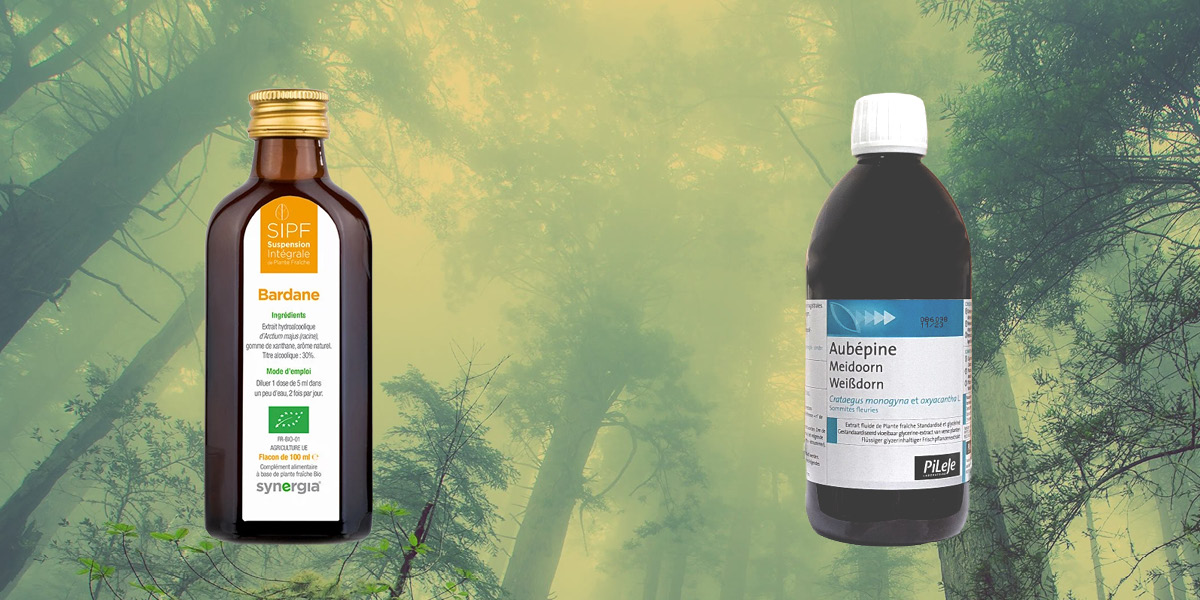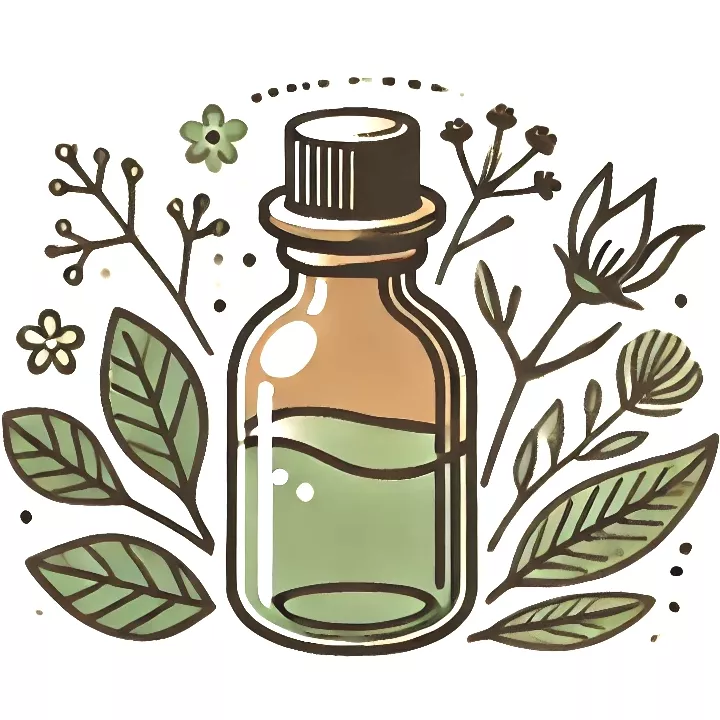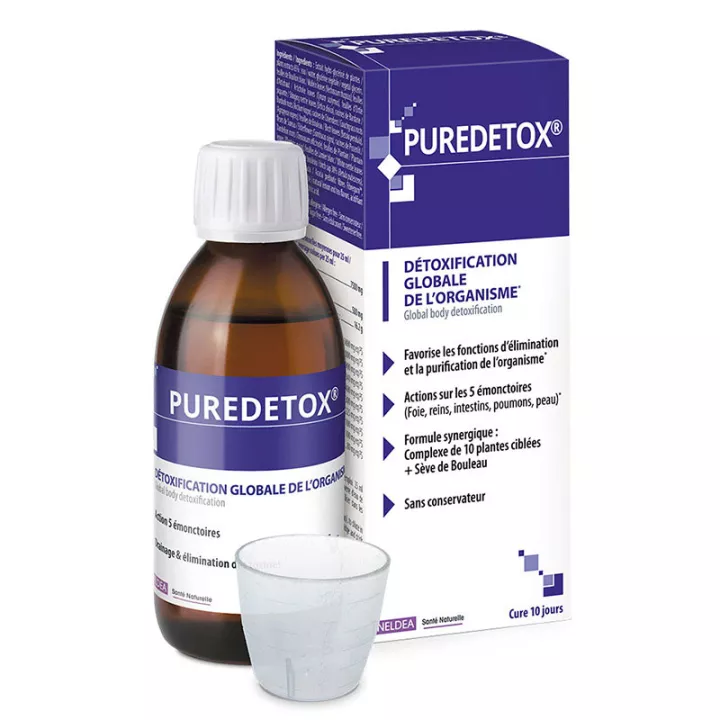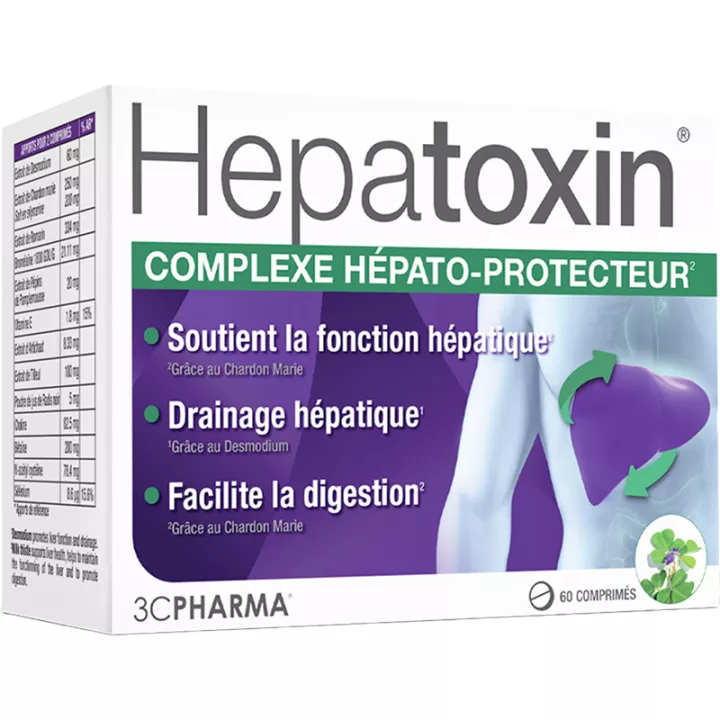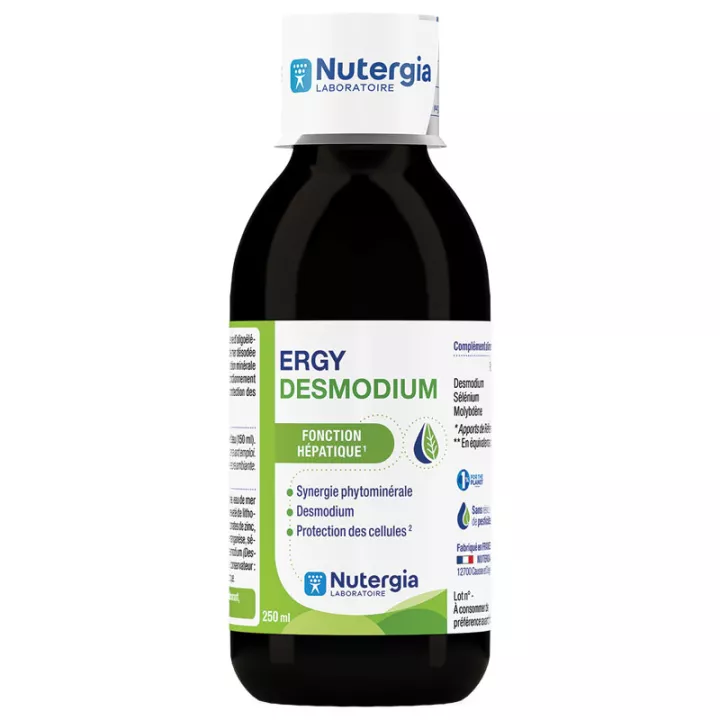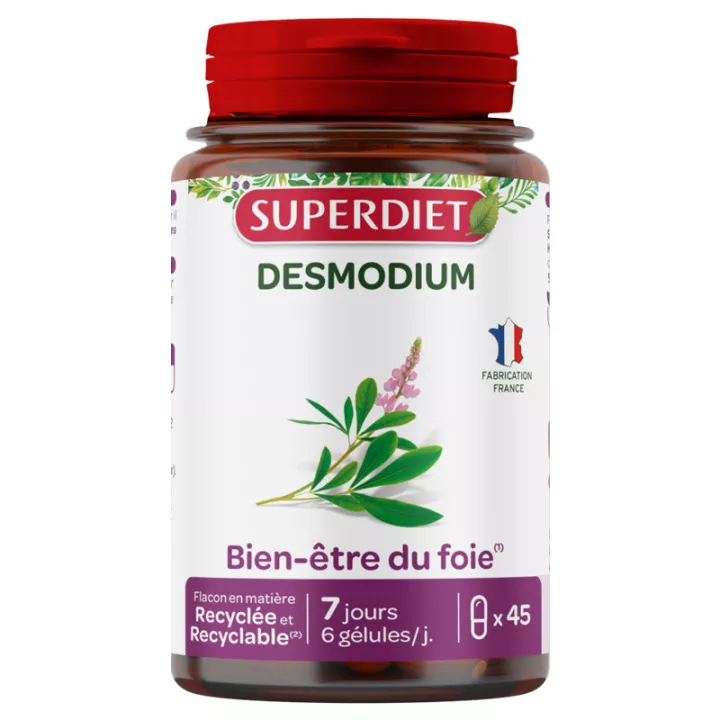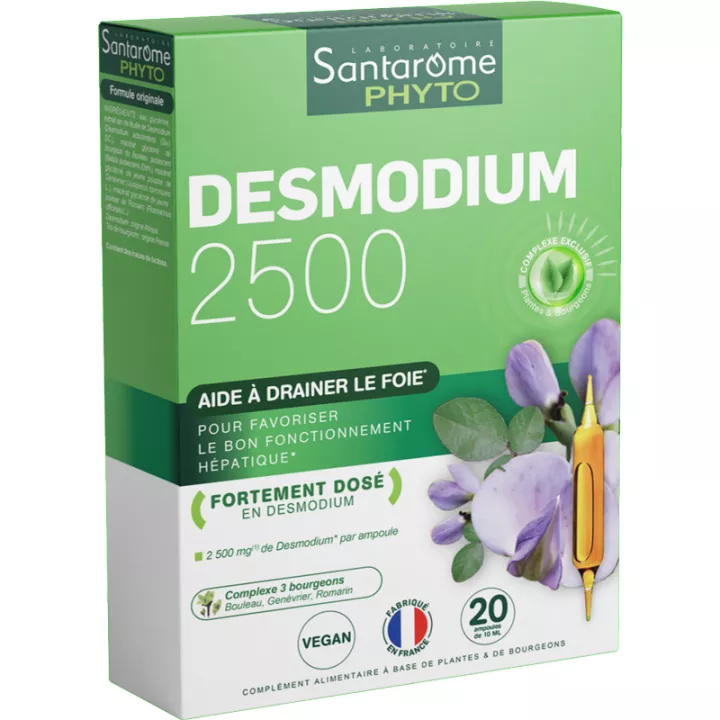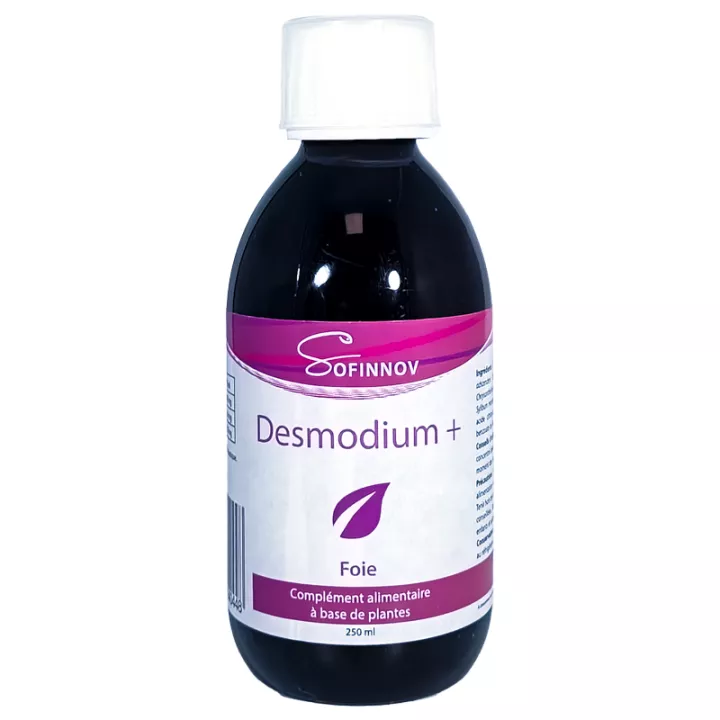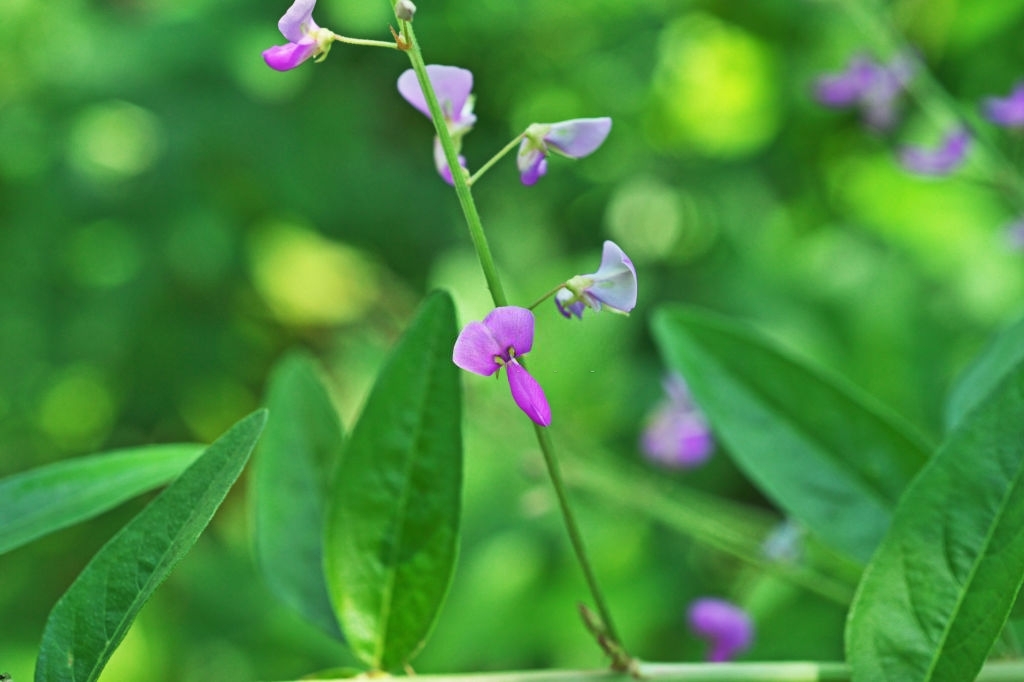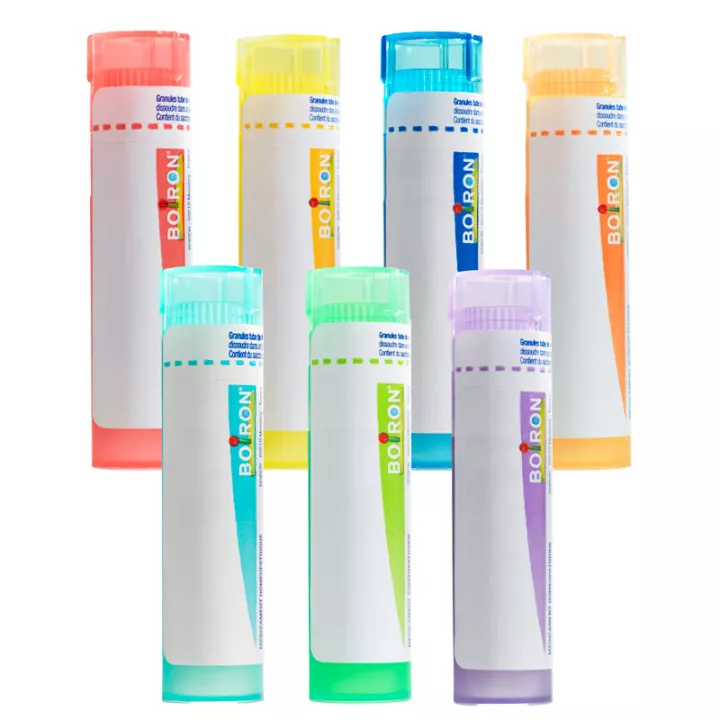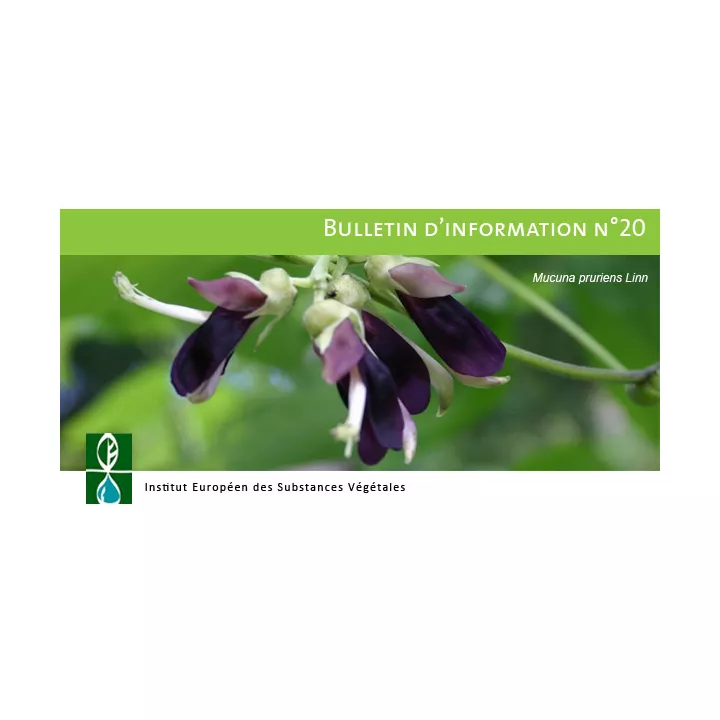Our dispensing chemists combine them according to the formulation and prescription choice of your naturopathic doctor. In practice, you order your blend from us according to the prescription drawn up by your naturopathic practitioner, and you receive a personalizedEPS magistral preparation (generally packaged in 150 ml or 300 ml bottles, depending on the duration of your treatment). Your therapist has advised you to mix this medicinal plant with others to increase its effectiveness. In this case, please note the list of herbal fluid extracts to be mixed for your order, in the window provided, before adding this product to your shopping basket. Remember to enter the total volume of Standardized Herbal Fluid Extracts you require in the "Capacity" drop-down menu below the purchase price for this product.
What is Pileje Desmodium Herbal Extract EPS used for?
EPS Desmodium Pileje is a dietary supplement particularly prized for its hepatoprotective properties. Rich in triterpenoid saponosides, it helps protect the liver against the harmful effects of certain hepatotoxic compounds. In vitro studies have demonstrated that soyasaponins I and III, as well as dehydrosoyasagenin I and soyasapogenol E, contribute to the normalization of liver transaminase levels, notably TGO (ASAT), following damage induced by substances such as carbon tetrachloride. These anti-hepatotoxic effects were confirmed in vivo with a decoction of desmodium quantified in d-pinitol.
Desmodium has also been the subject of clinical studies, notably on a group of 50 patients suffering from viral hepatitis. These patients, treated with desmodium taken three times daily for 45 days, saw a significant improvement in myalgias, jaundice and transaminase and bilirubin levels. In addition, a reduction inHbs antigen was observed in almost half the cases. These results demonstrate the efficacy of desmodium inviral hepatitis B, making this product particularly valuable in supporting liver health.
In addition to its hepatoprotective properties, Desmodium is recognized for its antioxidant and anti-free radical action. One study highlighted its protective effect against oxidative stress on liver and kidney cells, reinforcing its role in cellular protection against oxidative damage.
Desmodium's anti-inflammatory, anti-allergic, anti-asthmatic and antispasmodic properties are also noteworthy. These effects are linked to a variety of mechanisms, including inhibition of arachidonic acid metabolites and reduced release of histamine and other spasmogens. These actions reduce physiological reactions to allergic stimuli and relax smooth muscles, particularly in the lungs and intestines. Desmodium also acts on the cyclooxygenase pathway, promoting the production of relaxing prostacyclins and the opening of calcium-dependent potassium channels, resulting in bronchial relaxation.
Finally, desmodium has notable effects on the central nervous system. In vitro, desmodel-eganine extracted from desmodium leaves strongly inhibits monoamine oxidase activity, while in vivo, at high doses, desmodium slows down the central nervous system, resulting in dose-dependent analgesia, reduced motor activity and inhibition of convulsions. These antipsychotic-like properties make desmodium a valuable supplement for nerve support, although precautions are necessary at high doses due to the risk of motor side effects.
We suggest that you prepare your own personalized blend of EPS preparations in the pharmacy, according to the formulas recommended by your Naturopathic Physician.
How to use this product
To fully benefit from the effects of Desmodium Pileje EPS, we recommend taking 5 ml of this supplement once or twice a day. Use the measuring cup supplied in the case to measure the exact quantity. Supplementation generally lasts from 9 to 18 days, and can be renewed as needed. We recommend that you take this supplement outside of mealtimes, diluting it in a large glass of water or fruit juice for optimal absorption.
The usual dosage is 1 to 2 teaspoons a day, to be taken as a 1-month course of treatment. In association with other plants, desmodium EPS is traditionally used for these signs:
- Toxic, drug-induced hepatitis: desmodium EPS + black radish EPS aa 1 to 2 tsp/d -1 month, to be repeated as clinically indicated.
- Post-hepatitic anorexia: EPS desmodium + EPS gentian aa 1 to 2 tsp/d for 20 days, to be repeated as clinically indicated.
- Prevention of asthma attacks, chronic spasmodic coughs : desmodium EPS + lanceolate plantain EPS aa 1 to 2 tsp/d for one month, to be repeated as clinically indicated.
- Urticaria, skin disorders resulting from liver failure (pruritus, etc.): EPS desmodium + EPS burdock aa 1 to 2 tsp/d for one month, to be repeated as clinically indicated
- Viral hepatitis A, B or C: EPS Cyprés + EPS Desmodium aa
- Acute: 2 to 4 tsp/day for 15 to 30 days, repeat as clinically indicated
- Chronic: 1 to 2 tsp/day for 1 month, to be repeated as clinically indicated
Give your opinion on the advice for use and dosage of Desmodium Pileje EPS with our partner Verified opinions after your purchase.
Precautions for use
It's vital to remember that the information and advice provided is not a substitute for a medical diagnosis, which requires examination by a healthcare professional. Nor should it replace a consultation with your doctor. Desmodium Pileje EPS is not a substitute for a varied, balanced diet and a healthy lifestyle. Excessive consumption may cause laxative effects.
Consume this product preferably before the date indicated on the packaging. Never exceed the indicated daily dose. Store at room temperature, out of the reach of children.
In the absence of sufficient data, it is contraindicated for pregnant or breast-feeding women. Similarly, it is not recommended for prolonged use in cases of progressive systemic or autoimmune diseases, due to possible hepatotoxic effects. It is also not recommended for children under 12. Drug interactions may occur, particularly with steroids and immunosuppressants. Avoid association with disulfiram, as desmodium inhibits CYP2E.
Under no circumstances can the information and advice provided constitute a diagnosis, which must be examined by your doctor. Nor does it replace a consultation with a physician. Under no circumstances should they replace medical treatment.
What does it contain?
Desmodium Adscendens Extract Stabilized In Glycerin Of Plant Origin, Papilionaceae Or Fabaceae Family, Origin Tropical And Equatorial Regions Of Africa.
Presentation
Available from our online pharmacy in 60 ml, 90 ml, 100 ml, 150 ml, 300 ml or 500 ml bottles.
